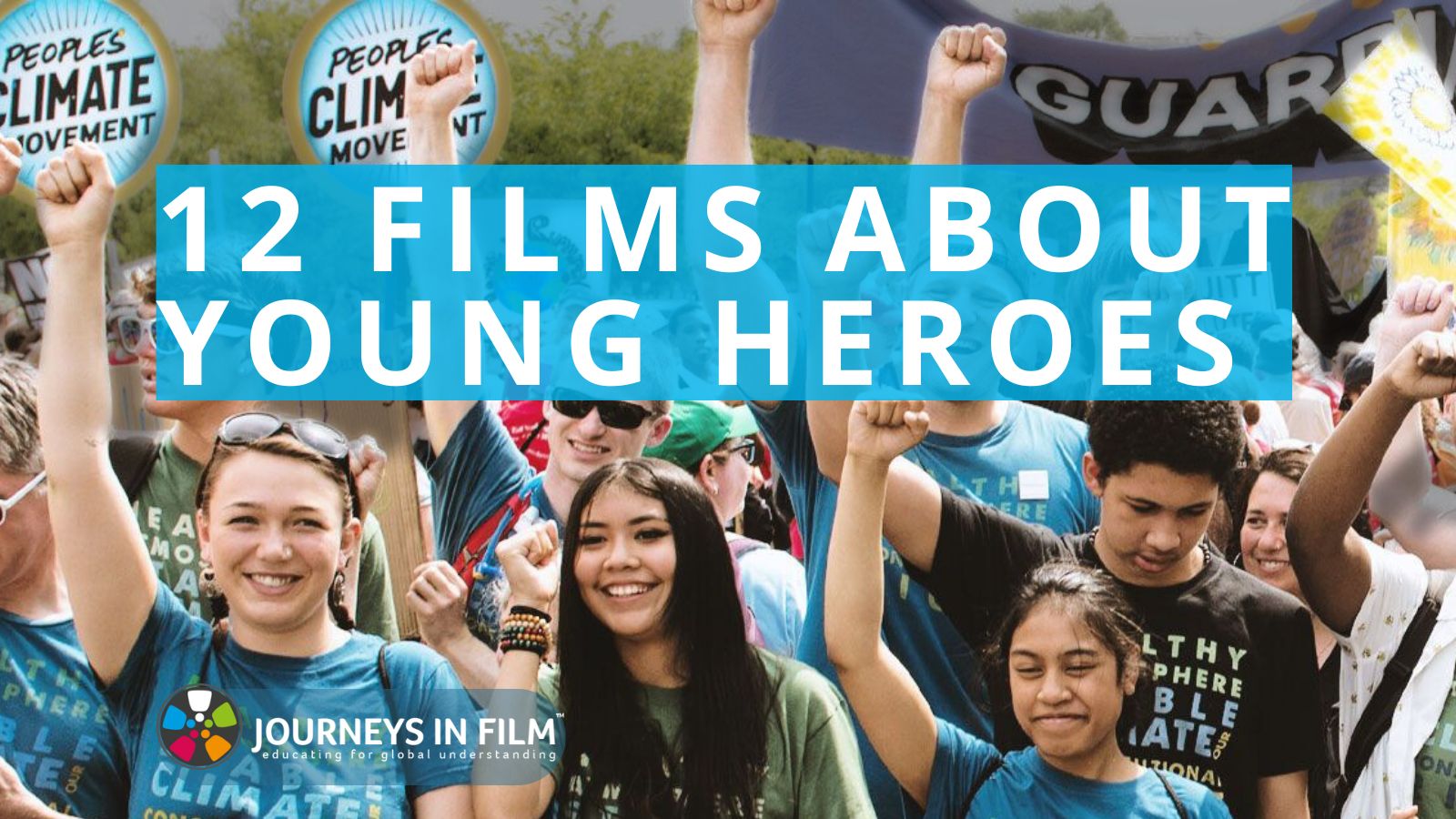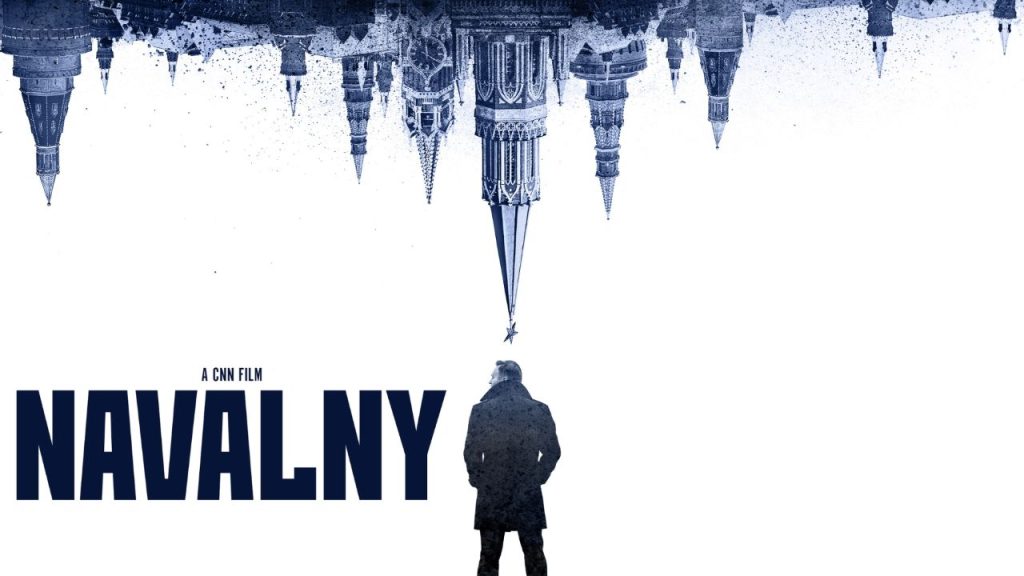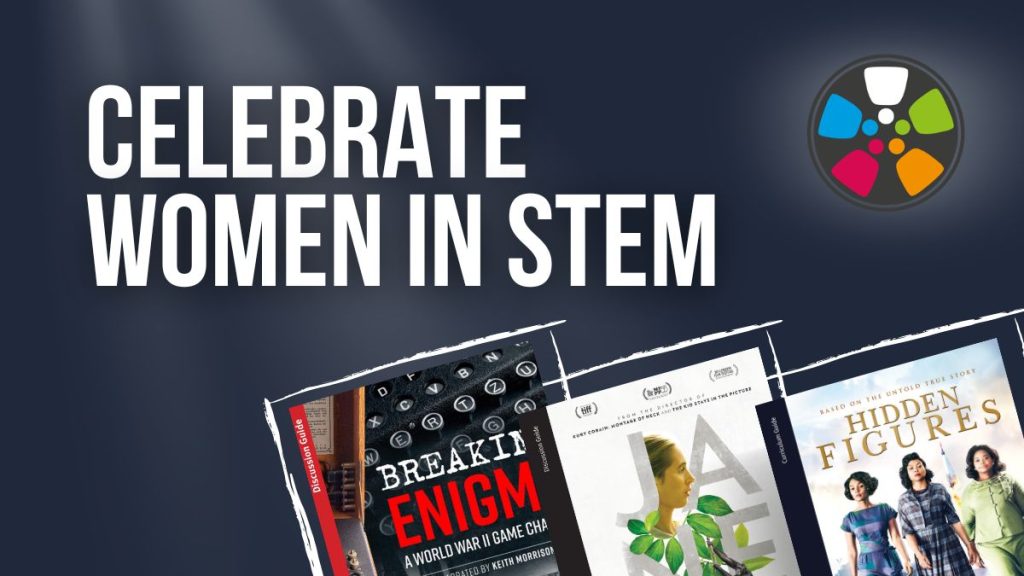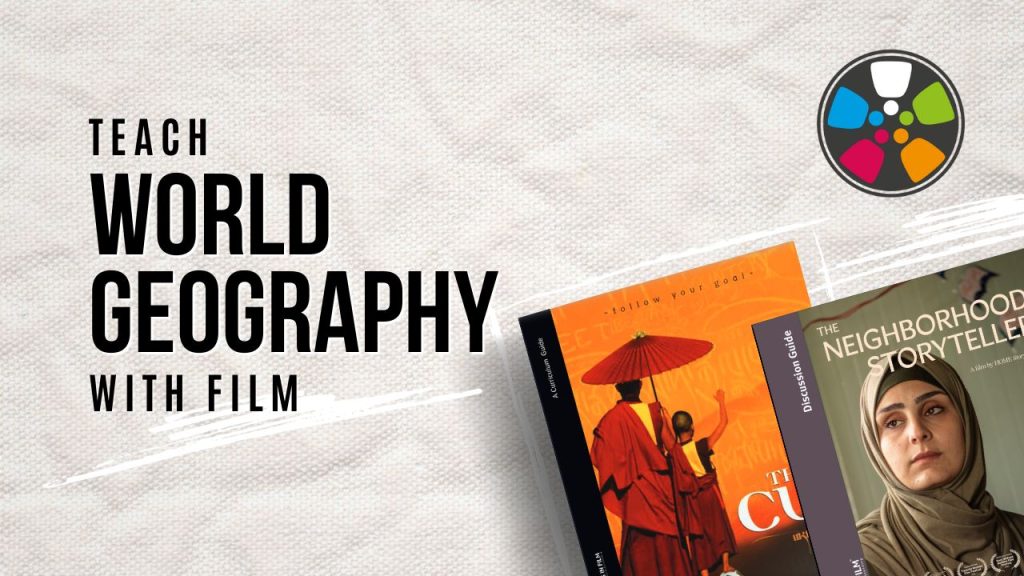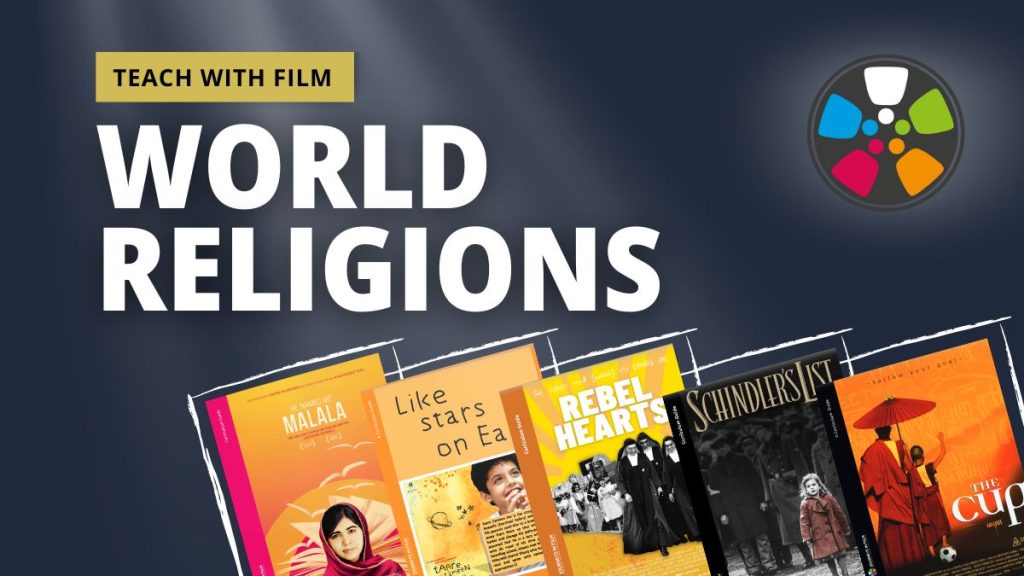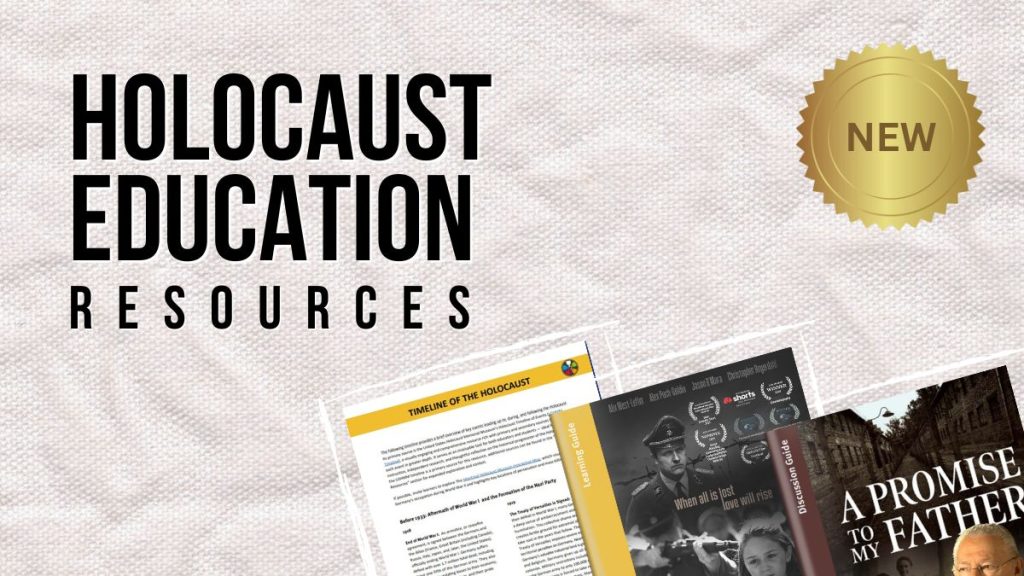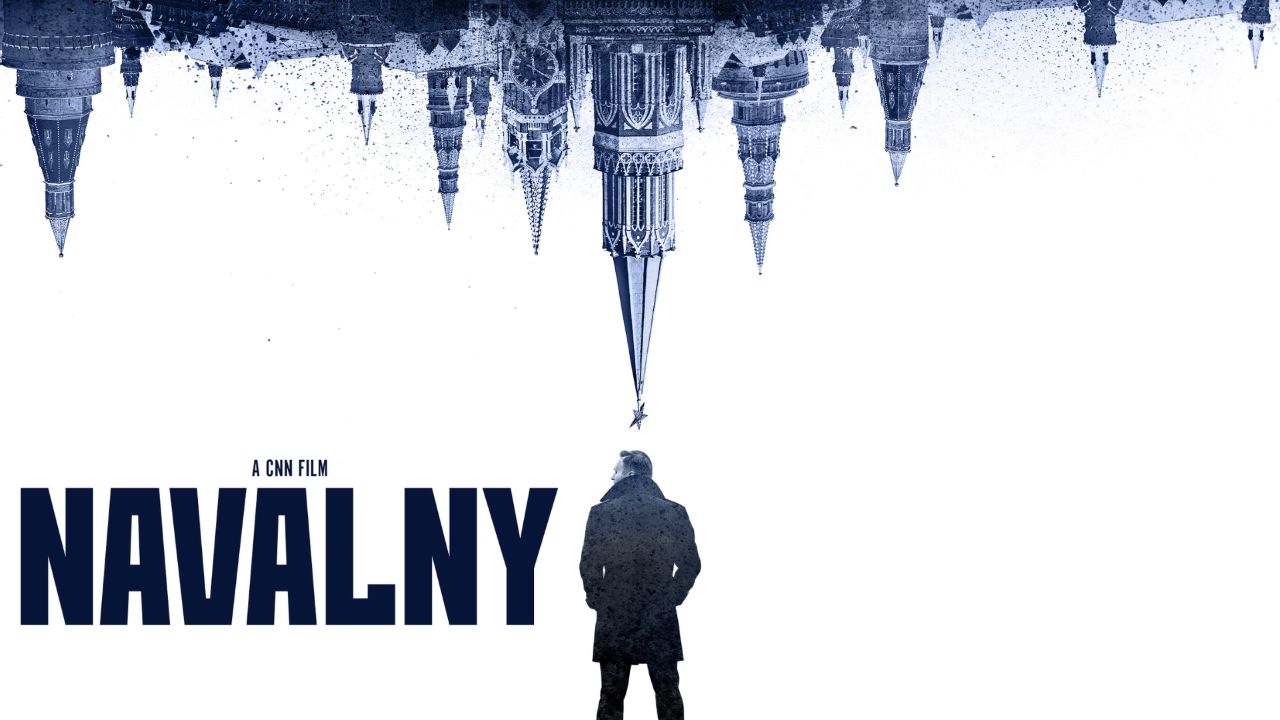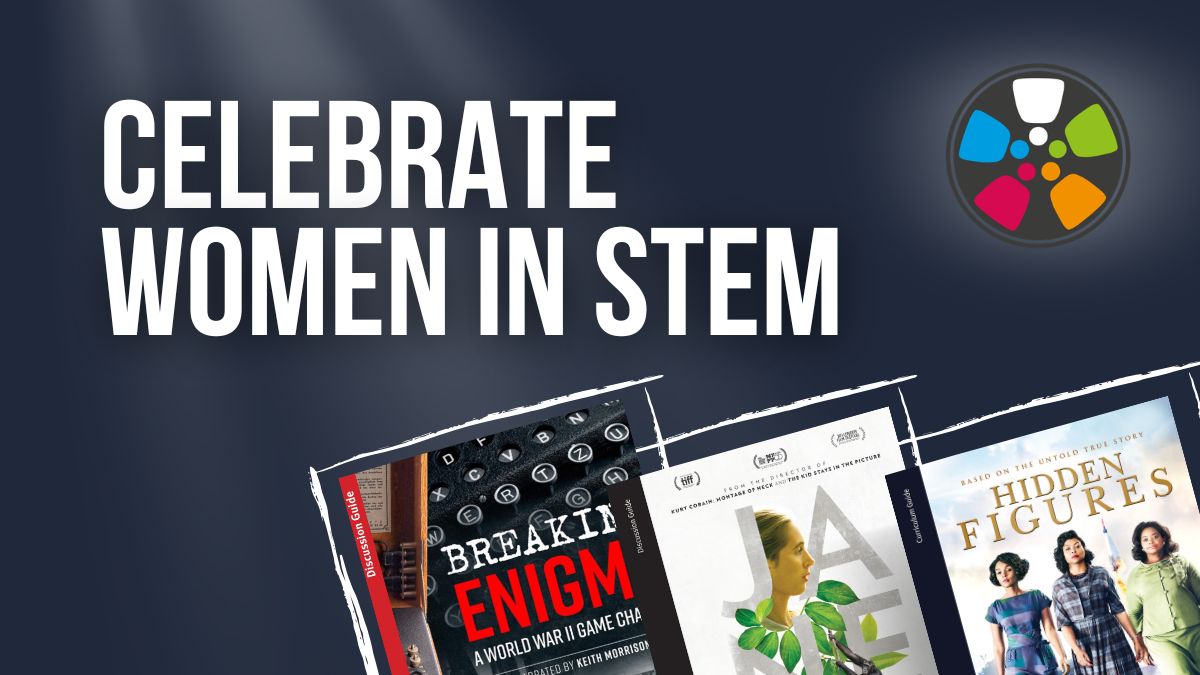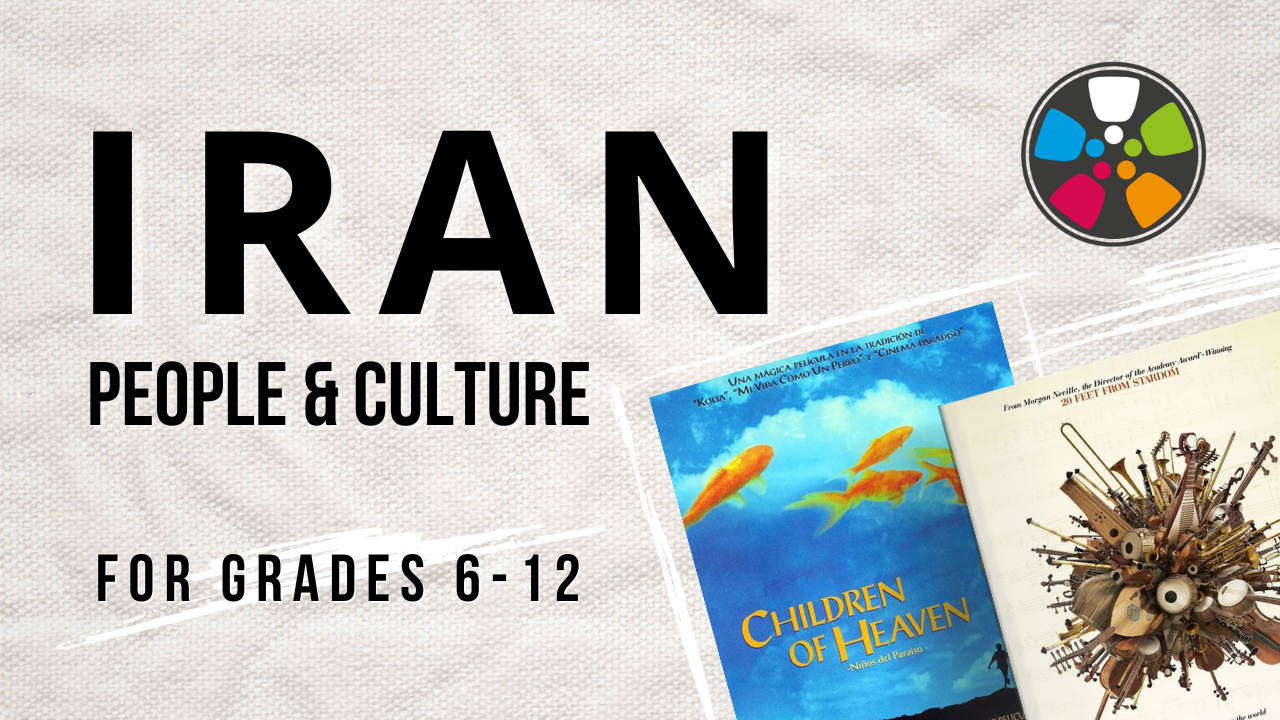We’re pleased to offer free teaching resources for award-winning documentaries and feature films with young protagonists who students can relate to. Youth-centered films are a wonderful way to boost student engagement across the curriculum and at the same time increase students’ understanding of themselves and the world around them.
Show Students Heroes That They Can Relate To — With Film
Children of Heaven
This feature film from Iran tells the story of a young brother and sister on a quest for a new pair of shoes. Our Children of Heaven Curriculum Guide features arts and science lessons, plus an introduction Iran and its culture. It’s a great global education tool.
Crip Camp
This Oscar-nominated documentary shares with insight, humor, and joy the experiences of a group of disabled teenagers and their journey to adulthood and activism that sparked a revolutionary disability rights movement. We offer a Crip Camp Curriculum Guide with film studies, media literacy, and humanities lessons, that includes a powerful lesson on language, power and ableism, a great addition to anti-bias education toolkits. We also offer a Crip Camp Discussion Guide that empowers students around activism and civic engagement.
He Named Me Malala
This BAFTA-winning documentary explores the events leading up to the Taliban’s attack on Pakistani schoolgirl Malala Yousafzai for speaking out on girls’ education, followed by the aftermath, including her speech to the United Nations. We offer a He Named Me Malala Curriculum Guide with film studies and humanities lessons, including an English Language Arts lesson about her speech as the youngest ever Nobel Prize Laureate. We also offer a He Named Me Malala Discussion Guide that explores Pakistan, religious extremism, the importance of education, and community engagement.
Landfill Harmonic
This award-winning documentary follows the Recycled Orchestra of Cateura, a Paraguayan musical group of students who play instruments made entirely out of garbage. Our Landfill Harmonic Curriculum Guide features lessons about these musical upcycling heroes for arts and science classes.
Like Stars on Earth
This a heartwarming feature film from India tells the story of a boy with dyslexia who thrives with the support of his new art teacher. Our Like Stars on Earth Curriculum Guide features lessons across the curriculum, including a science lesson about how the brain works, as well as introductions to India and to Bollywood films.
Please Vote for Me
Please Vote for Me, about elections for class monitor in a Chinese elementary school, is a perfect movie for classroom learning on democracy and voting, especially for Grades 3-7. Our Please Vote For Me Curriculum Guide features lessons across the curriculum, including an introduction to China and several aspects of Chinese culture, as well as a civics lesson about democracy.
Queen of Katwe
Hit Disney film Queen of Katwe follows the rise of young chess prodigy Phiona Mutesi from a slum in Uganda to become an international chess star. Our Queen of Katwe Discussion Guide explores themes of Black Excellence, Black History, Chess, Gender Equity, Mentoring.
The Boy Who Harnessed The Wind
In Chewitel Ejiofor’s directorial debut, William Kamkwamba is forced to leave school after when his family falls behind on payments in drought-stricken Malawi. He becomes determined to help not only his family but a community facing famine — and builds a windmill out of scrap materials and bicycle parts. Our The Boy Who Harnessed the Wind Curriculum Guide features lessons across the curriculum, including science lessons that get students excited about engineering and STEM fields. Our The Boy Who Harnessed The Wind Discussion Guide explores themes of Black Excellence, Black History, Character, Climate Change, Desertification, Engineering and Activism, and Wind Power.
The Cup
This joyful feature film follow the adventures of two young refugee Tibetan monks who are determined to watch the World Cup. Our The Cup Curriculum Guide introduces students to Tibet, Tibetan Buddhism, and the world of refugees, with lessons across the curriculum.
Wadjda
This heart-warming feature film follows a young Saudi girl despite cultural norms about girls’ roles in society desperately wants the freedom of a bicycle. Our Wadjda Curriculum Guide introduces Saudi Arabia, social constructions of gender, and also Saudi Arabia’s historic first woman film director Haifaa Al Mansour (the director of Wadjda).
Whale Rider
This acclaimed feature film from Aotearoa / New Zealand follows a young Māori girl who is determined to fulfill her destiny despite traditional gender barriers. (Wadjda and Whale Rider make a great global education double bill!) Our Whale Rider Curriculum Guide introduces Māori culture and features lessons across the curriculum.
Youth v Gov
This powerful documentary follows the 21 youth plaintiffs suing the US federal government in a landmark climate justice case for their right to a safe climate. Our Youth v Gov Curriculum Guide features lessons that dig into the connections between climate laws, fossil fuels, the government, and the court system. We also offer a Youth v Gov Discussion Guide that caps off the exploration of the films main themes with an inspiring section on community action and engagement.
We hope these materials can help you give your students the unparalleled experience of seeing young people like themselves and their friends on screen as heroes and role models.

